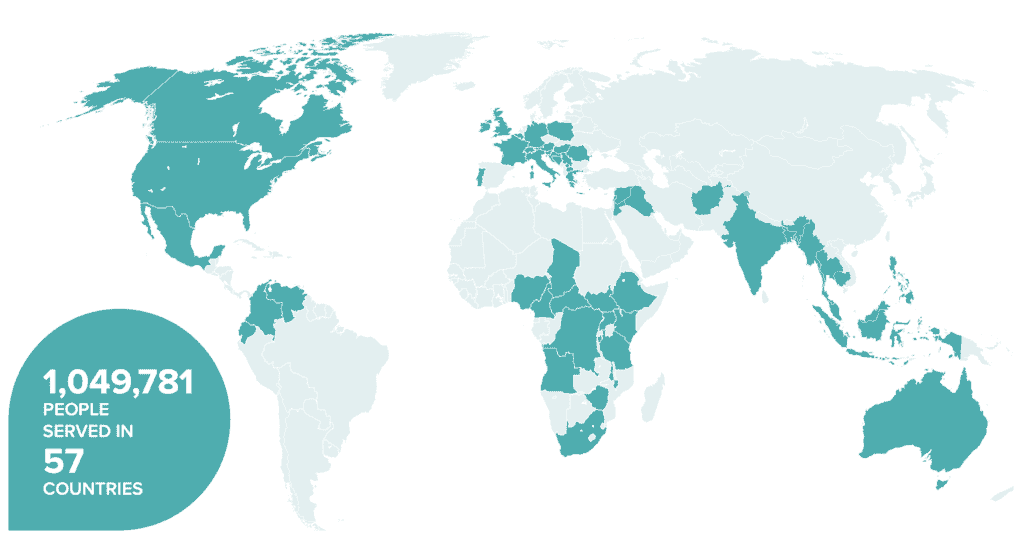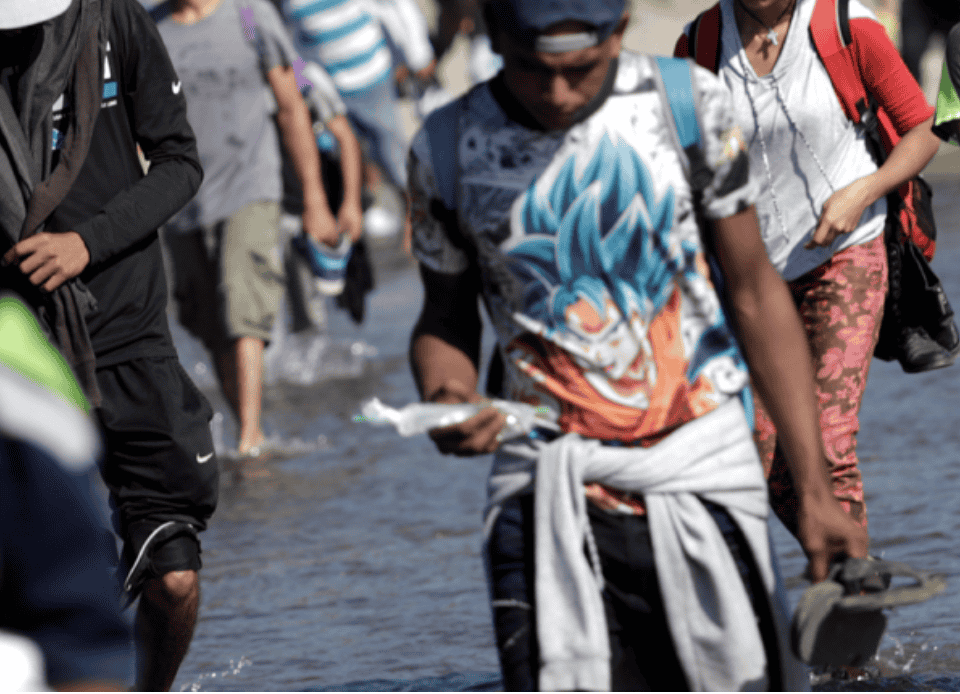This website uses cookies so that we can provide you with the best user experience possible. Cookie information is stored in your browser and performs functions such as recognising you when you return to our website and helping our team to understand which sections of the website you find most interesting and useful.
Keeping hope alive: the work of JRS during the pandemic
In 2020 the global COVID-19 crisis changed our world. Already fleeing from war, violence, and emergency situations, forcibly displaced people were likely to be the hardest hit by the pandemic.
We all had to adapt, including Jesuit networks and institutions. In particular, the Jesuit Refugee Service (JRS) was able to serve more than one million people in 57 countries around the world. The creativity and person-centeredness that Fr Arrupe required of JRS inspired a strategic framework that required a commitment to organizational strengthening. This work prepared us to respond to the challenges of 2020. Stronger programmes and partnerships, advanced global IT and financial systems, and a staff welfare programme enabled us to adjust our global and local efforts so that the most vulnerable were not left behind.
Here are just a few snapshots of our work during 2020, which would not have been possible without the collaboration of so many people and institutions:
- 75 projects were launched in 24 countries to ensure refugee children followed their courses virtually. Livelihood projects had to be adapted to ensure that people could adapt their income-generating activities and respond to new market demands.
- 31% of people reached in 2020 received emergency services and health care. Food, hygiene kits, personal protective equipment and hand-washing stations were distributed in camps with inadequate sanitation.
- Refugee camps were monitored to detect tensions and potential violence, raise awareness of the need to prevent the spread of the virus and discourage stigma associated with its transmission.
- We offered care and healing in times of lockdown. Psychosocial support sessions were conducted remotely and preventive measures were implemented where direct contact was necessary and permitted.
- JRS began serving on a task force to strengthen and expand United Nations High Commissioner for Refugees (UNHCR) partnerships with Faith Based Organizations (FBOs), as the pandemic highlighted more than ever the value of FBOs who stay and deliver when emergencies arise.
- Numerous regional advocacy initiatives were launched: the JRS report on the regional context of displacement in Latin America, the focus on the Ezidi (Yazidi) minority in the Middle East, collaboration with other NGOs in South Asia in support of Rohingya refugees, and engagement with newly elected US leaders on JRS priorities.
Many other projects can be found in the Jesuit Refugee Service 2020 Report.

This service has been made possible only because of “the generous commitment of Jesuits and many partners- in-mission: sisters, other vowed religious, diocesan priests, benefactors, staff, volunteers, and especially the refugees themselves whom we have been privileged to accompany. Your continued support makes JRS a clear example of God’s love for those most in need,” said Rev Thomas H Smolich SJ, JRS International Director.
The pandemic does not stop us from continuing to work: it requires us to rethink the ways in which we carry out our mission and asks us to collaborate. This shared commitment to leave no one behind moves us to accompany, together and in partnership, our vulnerable brothers and sisters towards a future of shared humanity and dignity.



